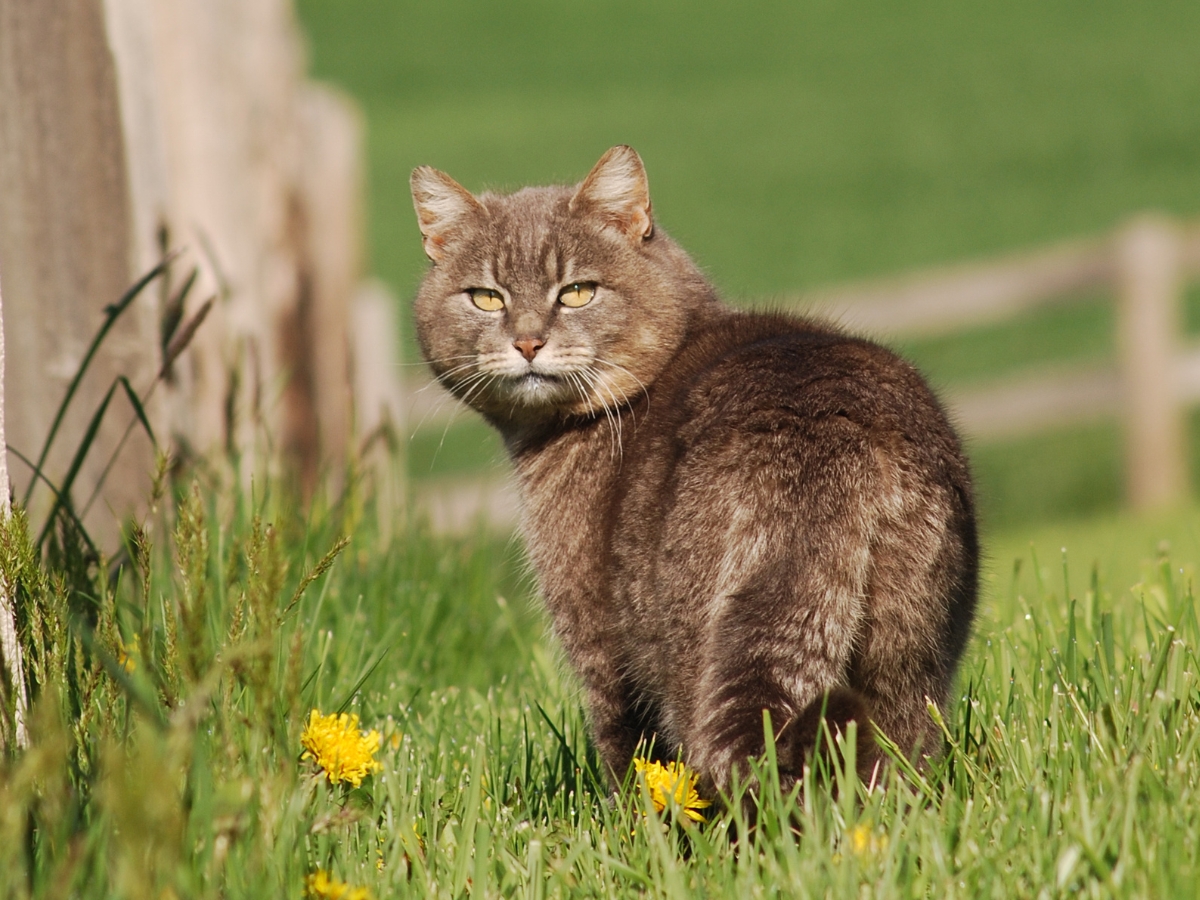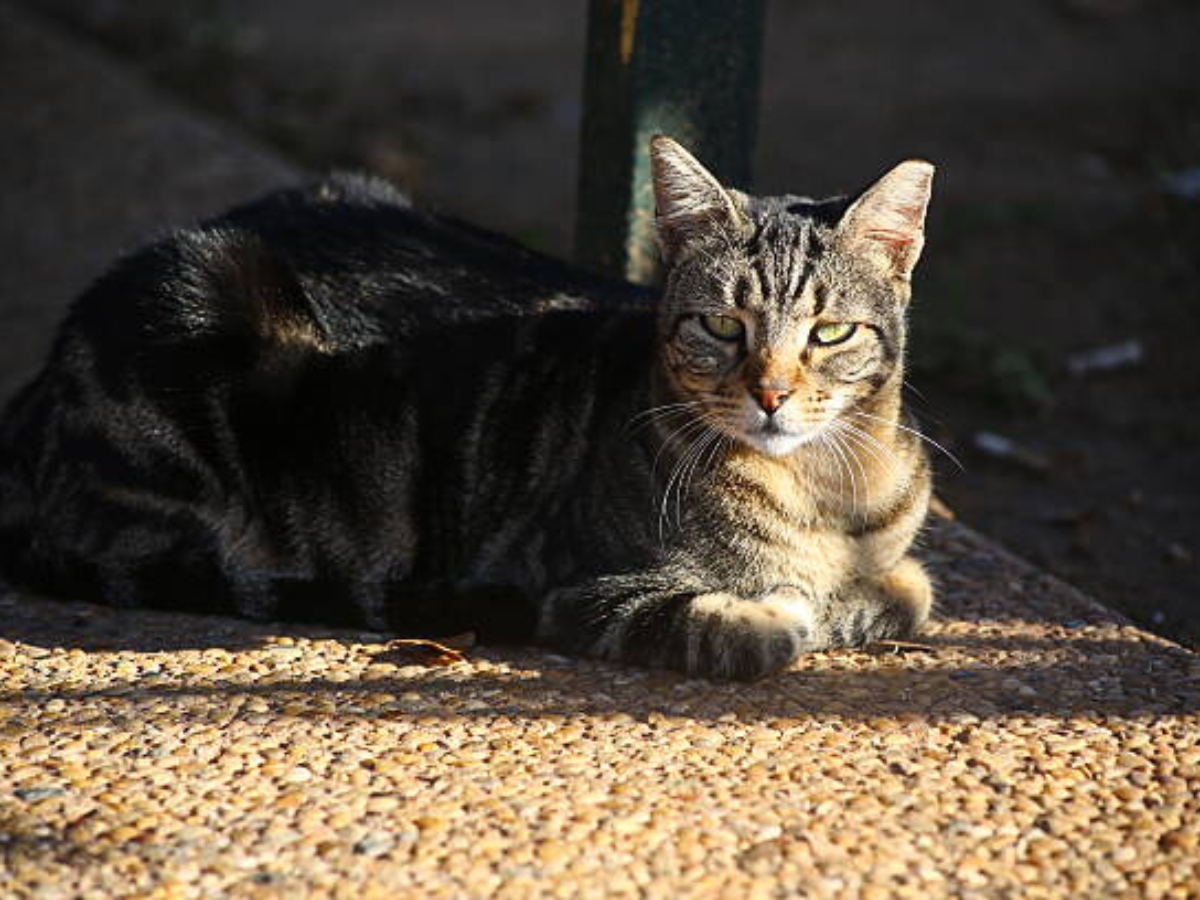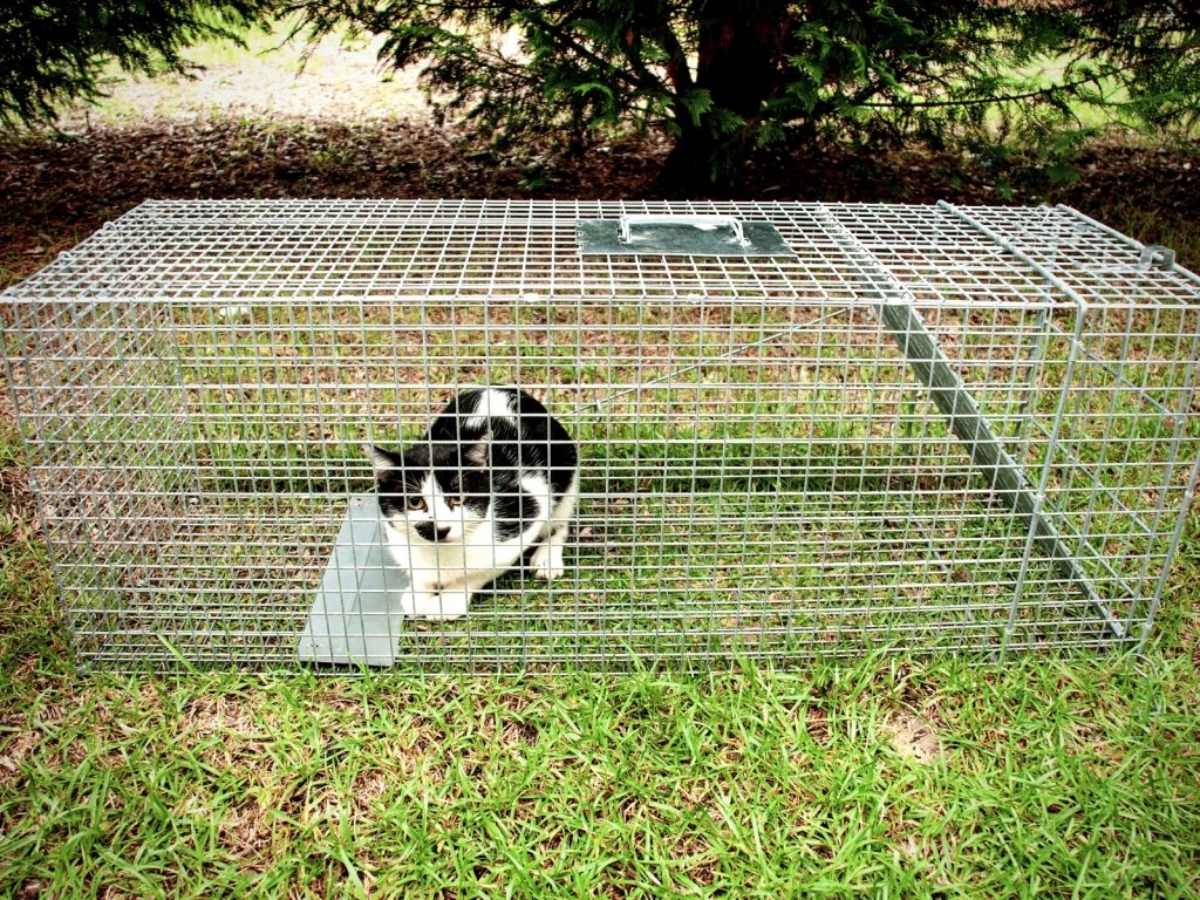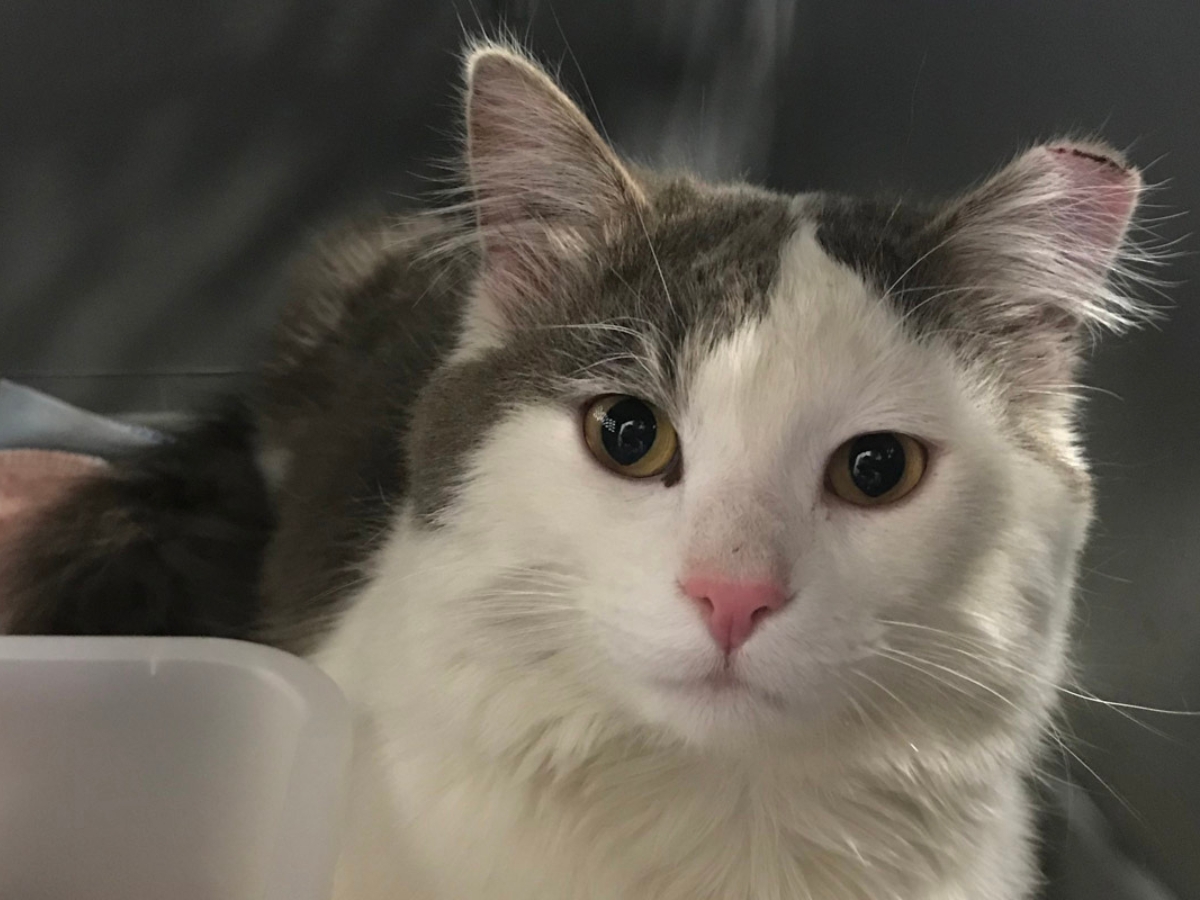Managing the Community Cat Population with TNR
Cat colonies when left unmanaged can grow rapidly, making it difficult to control without outside help.
Trap Neuter Return (TNR) programs benefit both community cats and people as the most cost-effective, humane and successful method for managing these populations. Through TNR, community cats (feral or outdoor cats) are spayed or neutered, vaccinated, ear-tipped and are then returned to their outdoor home. Click here to learn more about how our TNR program works.
What Are Community Cats?
*Kittens of community cats may become socialized.

Community Cats Are Cared About and Cared For
Outdoor, free-roaming cats are often as well supported, fed and sheltered by community caregivers as the average indoor cat; therefore, are not in distress and should not be taken to pounds or shelters. Community cats are often afraid of humans and cannot easily be adopted, running the risk of being euthanized in shelters.
TNR supports the health of outdoor free-roaming cats, while allowing them to thrive in their preferred environment. If community cats are removed, resources are often still available, so new cats will move into the vacant territory and continue the cycle – making the return of altered cats a more sustainable and cost effective solution. Learn more about the benefits of TNR by clicking here.
To access a spay/neuter service for owned, companion cats, please check out our Prevent Another Litter Subsidy (PALS) program or contact your local veterinarian.

Help Prevent Unwanted Litters for Outdoor Free-Roaming Cats and Combat Overpopulation
Property owners outside the City of Edmonton (up to 200 km) can allow community cats to continue to live peacefully while reducing overpopulation. This program is designed for cats that are living outdoors and the intention is to release them back into the same location where they were trapped, with the expectation they will be supported by a community caregiver.
EHS is expanding its current program for 2024. Property owners can submit colony information to be considered for a future TNR clinic. Eligible colonies may receive support through no cost spay or neuter surgeries. EHS aims to provide:
- Accessible TNR Spay and Neuter: Provide several high-volume clinics throughout the summer, either within the community or at the EHS facility.
- Community Support: Support communities and colony caregivers by improving information sharing, monitoring and access to welfare resources.
- Community Education: Educate and raise awareness among caregivers and communities to develop a humane and safe collective ownership of cat population management.
How the TNR Program Works
The TNR program normally runs from May to September depending on the weather. There are a limited number of TNR Clinics available and colony information must be submitted in advance to be considered. EHS staff members may visit colonies and will require access to property to assist in the trapping process. Cats are returned to their original colony after recovering from surgery.
Please Note: We are unable to schedule appointments during extreme warm (above 20°C) and cold weather (below 0°C) as per Alberta Veterinary Medical Association (ABVMA) standards advising that cats should not be trapped in these conditions.
Have questions about our TNR program? Click here to visit our FAQ.
Program Eligibility
Note: Spaces are very limited, and weather impacts program delivery.


What is Included in a TNR Surgery Appointment?
- Spay/neuter surgery
- Ear-tip identification/tattoo
- Vaccinations
- Parasite treatment
What Is Ear Tipping?
During this procedure a small portion of the left ear is humanely removed. This is the universal symbol identifying a community cat has been spayed or neutered and has resources or caretakers nearby.
Our 2024 TNR Season Is Full
We are still collecting colony information to help target those requiring assistance. Please use the button below to request assistance.
We cannot accommodate all requests for assistance due to the high volume we receive but will endeavour to help as many as possible. We will keep all colonies on file and will assess requests for assistance in the spring of 2025.
The TNR program cost is a $40 non-refundable admin fee. Fees are required once a colony is selected and you are contacted by the TNR office. Successfully executing TNR throughout Alberta takes resources, time and strategic planning.
Donations are greatly appreciated to help cover costs.
Frequently Asked Questions
For more detailed information on TNR, videos and for step-by-step guides, please visit Alley Cat Allies or Neighborhood Cats.
